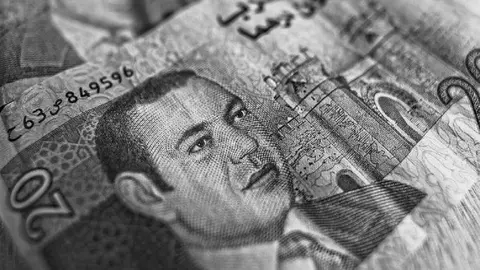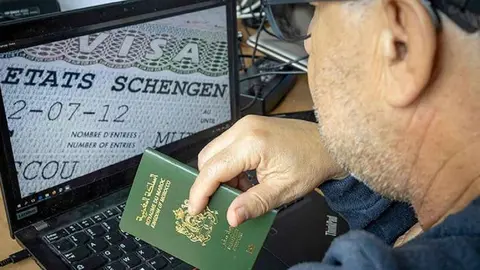Morocco revamps consulates' electronic systems
The Moroccan government has launched two platforms, "Rendez-vous" and "eTimbre", to certify access for Moroccan nationals living abroad
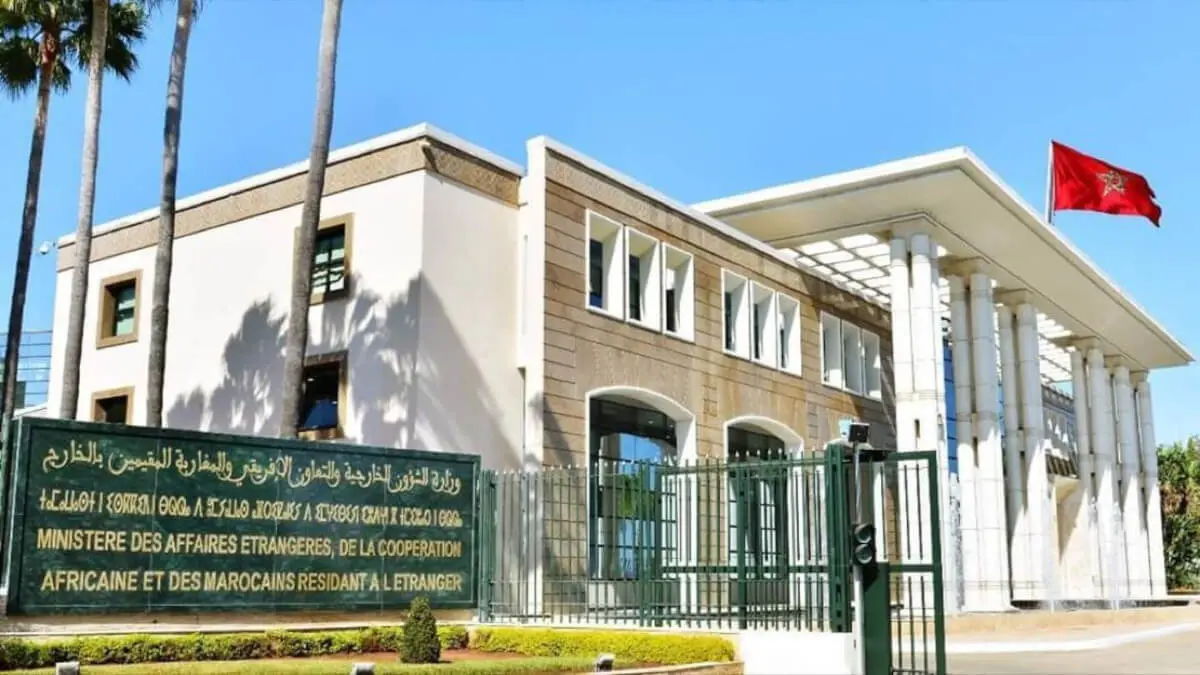
Following problems encountered by members of the Kingdom's Diplomatic and Consular Missions (MDPC), the Moroccan government has established guidelines for the activation of the renewed "Rendez-vous" and "eTimbre" electronic appointment and stamping systems.
The aim is to avoid bureaucratic problems for MREs (Moroccans living abroad) and to speed up the payment, appointment and stamping processes.
The introduction of these management systems will mark a turning point. The efficiency of both tools will serve to guarantee and optimise the payment and visa processes for MREs and Moroccans who are abroad on holiday. These systems will enable MREs to offer a better service and respond in a modern way and in line with quality expectations.
The Ministry of Foreign Affairs, African Cooperation and Moroccans Residing Abroad, in collaboration with the Kingdom's Ministry of Finance (TGR), has developed the eTimbre management module, which is expected to be a milestone in the modernisation of consular services.
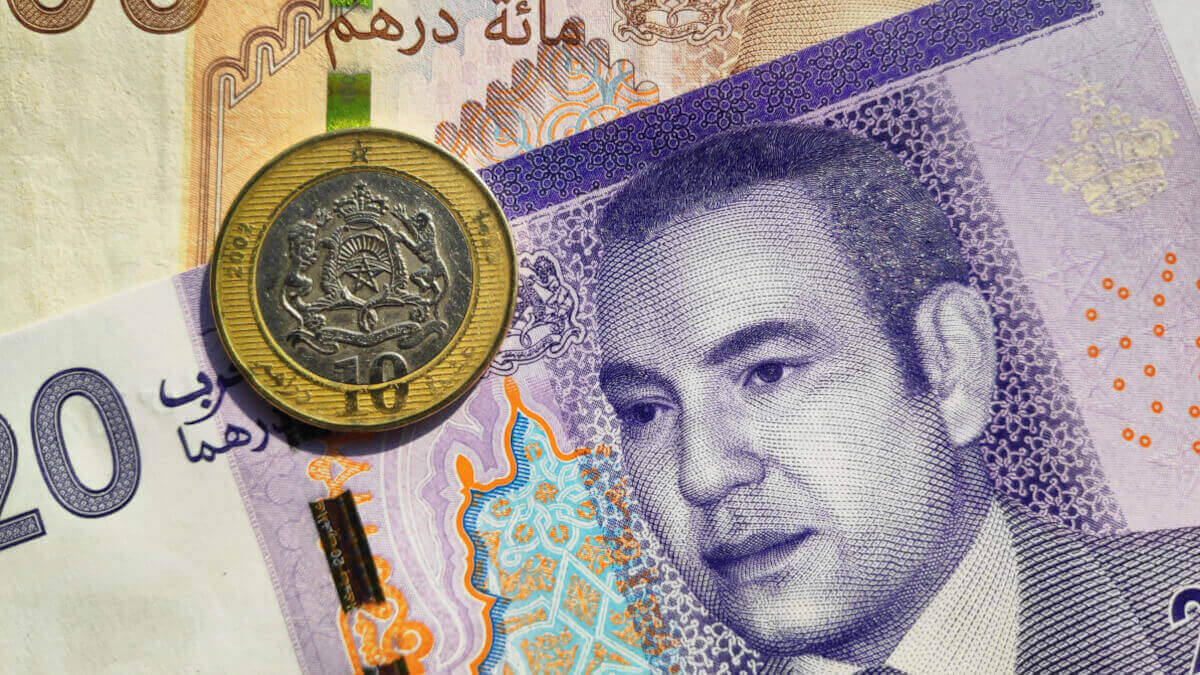
The application of this system is simple and intuitive. Users can contact Consulate staff to resolve any problems or queries they may have. The introduction of this process of payment of office fees aims to strengthen the atmosphere of trust between users and consular services in order to increase transparency in administrative transactions.
This new system (eTimbre) will offer more appointments, more time slots and more dates, increasing flexibility of choice. In addition, eTimbre will enable faster digital payments and improve the transparency of transfers, and will allow for "online" procedures prior to visiting consular services.

The combination of the two new systems is expected to help reduce waiting times and long queues at consular services in the Kingdom. The measure will allow for an optimised management of the space that, until now, has been dedicated to reception tasks. The Consular Contact Centre and the Kingdom's consular services abroad are responsible for assisting users to ensure the overall success of this project.
Since its launch, the Appointment Management System has processed more than 3.2 million appointments and provided more than 5 million consular services to members of the Moroccan community living abroad. With this decision, the number of consular services provided since its launch exceeded 2.8 million. The implementation of this system at MDPC level was accompanied by efforts to introduce electronic payment terminals (EPT) at consular level.
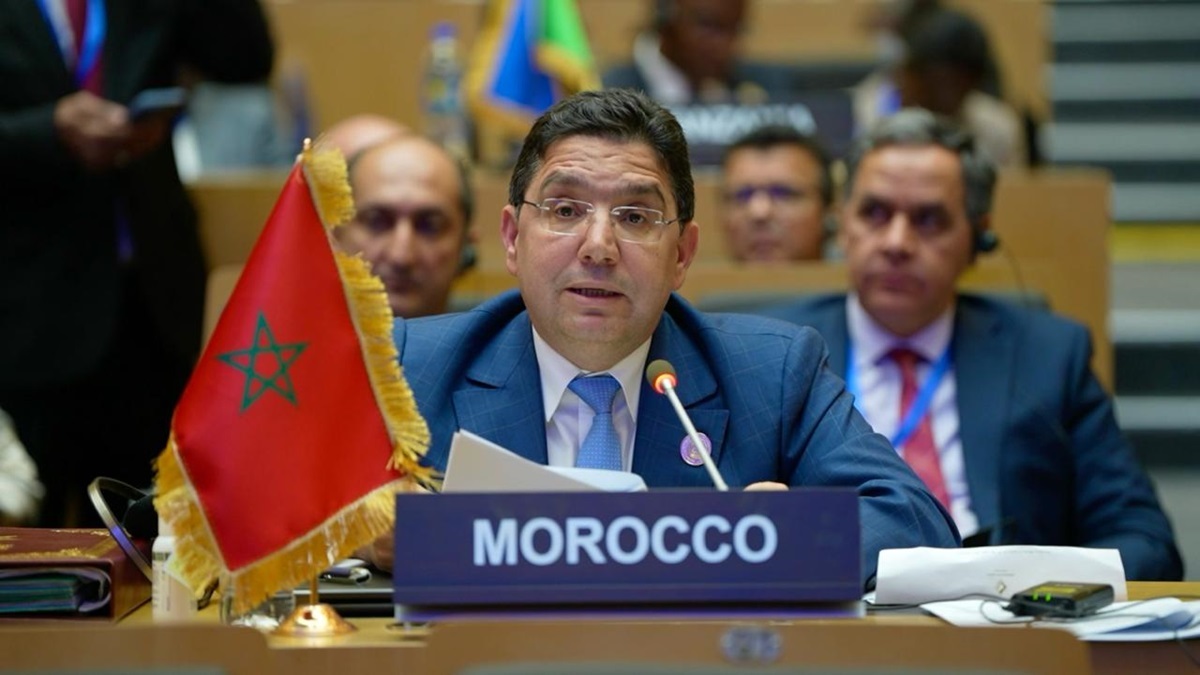
MREs are of paramount importance to Morocco's economy. According to the latest report published by the National Bureau of Foreign Exchange, in January 2024, remittances from MREs amounted to 9.2 billion dirhams.
Remittances sent by Moroccans living abroad in their country of origin are an important source of foreign exchange for the North African country and represent more than 80% of expatriate remittances, according to the Central Bank of Morocco (Bank al-Maghrib) and the World Bank. In many cases, the situation improves significantly for families who provide financial support.

